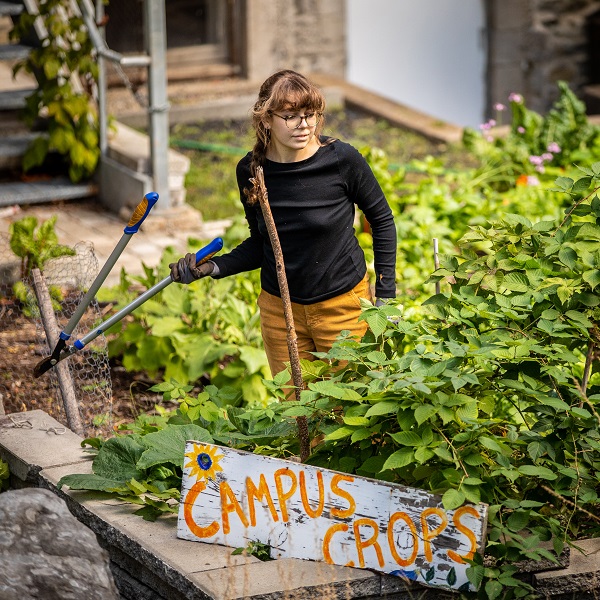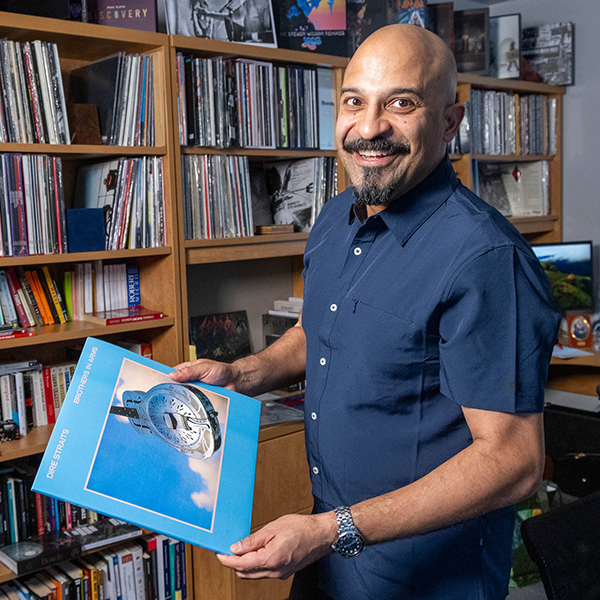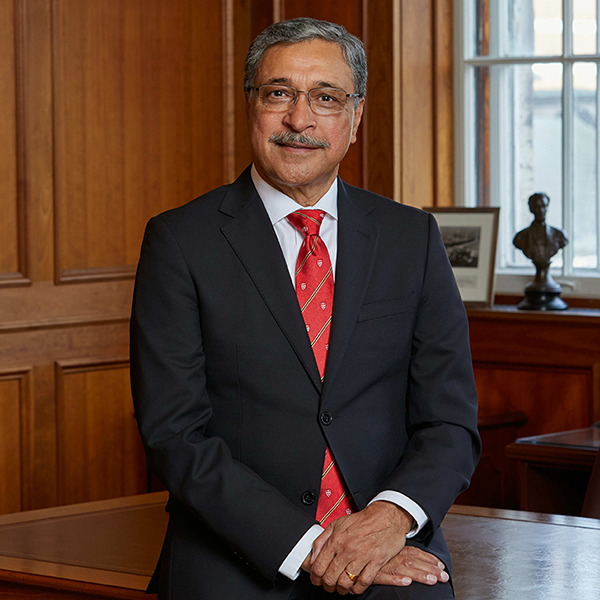In 1955, an Italian tenor and a Romanian soprano arrived in Montreal with a mandate to introduce opera to McGill. That couple, Edith and Luciano Della Pergola, created the Opera McGill program, and nurtured it for more than three decades. They began with a miniscule budget and no formal performance space. “My parents were driven by their passion for opera and teaching,” says Felicity Blatt, Edith and Luciano’s daughter. “With endless dedication, they managed to produce with limited resources maximum results.”
The program they built has flourished and is marking its 60th anniversary with a series of events that began in the fall.
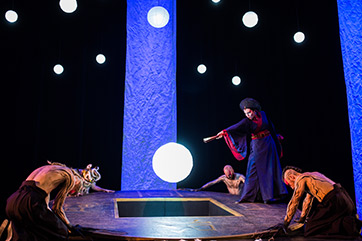
While university opera programs tend to focus heavily on productions, Opera McGill prioritizes the training of its students and the process of molding them into skilled performers. “This is a pedagogical program where students are trying to learn the craft and the artistry of opera,” says Opera McGill’s current director Patrick Hansen. “They are not brought in to the program to be used; instead, the program is about them.”
Former student Philippe Sly, BMus’11, a bass-baritone who is performing at the Opéra de Paris this January, endorses the McGill program’s approach. “I had to focus on my singing, day-to-day,” he says. “If I had spent that time focusing on the potential career and not the process, I would have gone insane.”
Opera McGill has shaped a wealth of accomplished singers who have gone on to have remarkable careers, including contralto Mariana Paunova, tenor Benjamin Butterfield, LMus’95, mezzo-soprano Rihab Chaieb, BMus’10 (Metropolitan Opera), bass-baritone Gordon Bintner, BMus’13 (Canadian Opera Company), and soprano Tracy Cantin, ADip’12 (Chicago Lyric Opera).
Remarkably, the program has only had three changes in leadership in six decades – Hansen succeeded Dixie Ross-Neill, who took over from Bernard Turgeon, who oversaw the program after the Della Pergolas. The anniversary celebrations mark a conscious effort on the part of Hansen—a self-proclaimed “history buff”—to illustrate the trajectory of the program from its start to the present. As such, the pieces selected for the season recognize Opera McGill milestones.
The first show, a revival of Hansen’s 2008 staging of Handel’s Alcina, performed in conjunction with the Schulich School’s Early Music Orchestra, fulfilled the program’s tradition of staging a Baroque piece and was also a nod to Hansen’s 10 years as Opera McGill’s director.
The second major show of the season, Strauss II’s Die Fledermaus, is the same piece selected by the Della Pergolas in 1986 for the program’s 30th anniversary. Hansen’s staging of this classic at the Monument-National will include surprise cameos of Opera McGill alumni spanning from the Della Pergola years to the present.
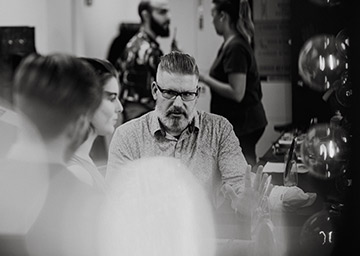
The season will end on a contemporary note with the Lisl Wirth Black Box Opera Binge Festival, a series of opera performances staged in venues throughout Montreal. Similar to a “fringe” festival, the 24-hour Binge Festival will focus on alternative and experimental forms of opera using the decidedly 21st-century technique of binge-watching.
The opera marathon will open with a staging of Dido and Æneas in Redpath Hall and will conclude with a double bill at the Théâtre Paradoxe, with projected sets in lieu of traditional physical ones. The Binge Festival again speaks to the marriage between tradition – Dido and Æneas was the first show ever put on by Opera McGill, Redpath its first performance space – and modernity.
Reconciling traditional opera with modern tendencies isn’t easy, nor is it met without resistance. Hansen chuckles as he recalls how Opera McGill’s 2009 interpretation of Handel’s Agrippina drew fierce criticism for its crudely experimental divergence. The following year, a decidedly more traditional opera was greeted with equally strong criticism for its perceived lack of originality.
“The art form is changing, moving, and evolving,” says Hansen, which makes the blending of past and present forms especially pertinent. Blatt echoes this sentiment, commending the program for adapting to the present while remaining true to opera’s roots. “They’re doing it beautifully.”
Opera McGill, along with the McGill Symphony Orchestra, will perform Die Fledermaus at the Monument National on January 27.
